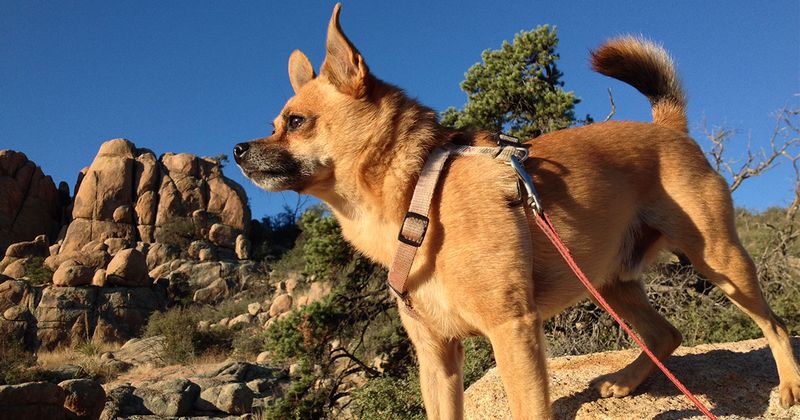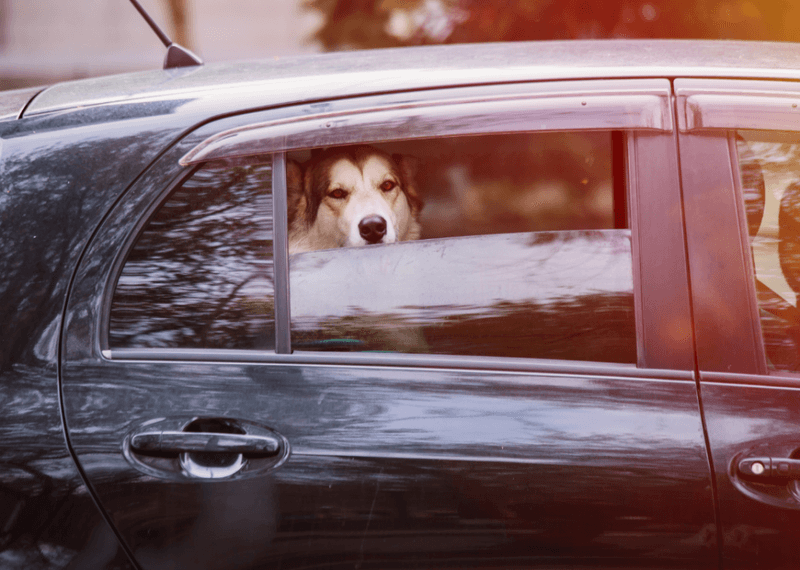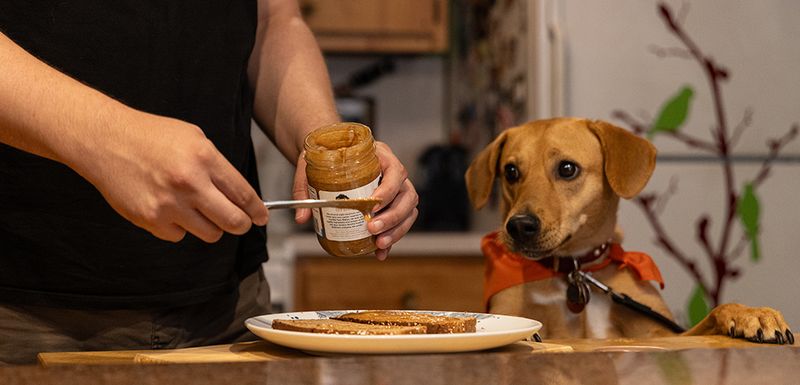Owning a pet is a rewarding experience, but it comes with responsibilities that every pet owner should be aware of. In Colorado, where outdoor adventures and a pet-friendly lifestyle are common, it’s easy to make a few missteps without realizing the impact.
From not keeping up with local pet laws to feeding your dog the wrong foods, even the most well-meaning pet owners can unintentionally make mistakes.
In this article, we’ll highlight five common pet ownership mistakes in Colorado and share simple tips on how to avoid them.
1. Skipping Regular Vet Visits

Colorado’s elevated terrain affects pets differently than humans. Many owners postpone checkups, not realizing that high-altitude living can exacerbate certain health conditions in dogs and cats.
Veterinarians in mountain communities regularly treat altitude-related issues that could have been prevented with routine care. The thinner air can worsen respiratory problems, while intense UV exposure increases skin cancer risks.
Schedule bi-annual checkups if you live above 7,000 feet, and never postpone vaccinations (especially rabies), given our state’s wildlife population. Remember: prevention costs far less than emergency treatment, both financially and emotionally.
2. Overlooking Local Pet Laws

Leash laws in Colorado aren’t just suggestions, they protect your pet from wildlife encounters that could prove fatal. Coyotes, mountain lions, and even moose pose serious threats throughout the state, yet many owners let pets roam freely on trails.
Each Colorado county maintains different regulations about licensing, vaccination requirements, and off-leash areas. Boulder County, for instance, requires Voice and Sight Tags for off-leash privileges after passing a certification program.
Research your specific county’s pet ordinances before adventure time. The Jefferson County Animal Control hotline receives over 300 calls monthly about off-leash violations, resulting in fines starting at $50 and climbing with each offense.
3. Leaving Pets In Hot Cars

Don’t be fooled by our mountain breezes! Colorado’s intense sunshine can turn vehicles into deadly ovens faster than in lower elevations. At 70°F outside, your car’s interior reaches 104°F in just 30 minutes and thin atmosphere actually intensifies the sun’s heating effect.
Good Samaritan laws now protect Coloradans who break windows to rescue distressed animals. Still, emergency responders report hundreds of heat-related pet emergencies annually, many resulting in tragedy.
Carry a collapsible water bowl during adventures, and never leave pets unattended in vehicles, even with windows cracked. When temperatures climb above 65°F, your safest option is leaving furry friends at home.
4. Not Considering Pet-Friendly Housing

Colorado’s competitive housing market has created a perfect storm for pet owners. Heartbreaking surrenders at shelters like Dumb Friends League spike during moving season, with housing-related surrenders up 30% in recent years.
Breed restrictions hit particularly hard in our state, with insurance companies often denying coverage for certain breeds. Denver’s pit bull ban may have ended, but many private properties still enforce restrictions regardless of an individual dog’s temperament.
Start your housing search early and get everything in writing. Consider purchasing pet rental insurance to protect deposits, and keep vaccination records updated. For difficult-to-place breeds, compile references from previous landlords and certification from training programs.
5. Feeding Pets Human Food

Those puppy eyes during your breakfast burrito session might seem harmless, but Colorado’s foodie culture creates unique pet hazards. Local specialties like green chile contain capsaicin that can cause gastric distress, while our craft beer scene presents temptations that are genuinely toxic to pets.
High-altitude living already affects digestion, so pets living in mountain towns often need special dietary considerations just for normal food. Adding human treats compounds these issues, potentially leading to pancreatitis.
Xylitol, found in many Colorado-made energy bars and natural peanut butters, causes rapid insulin release in dogs, leading to liver failure. Keep a list of toxic foods on your refrigerator, and resist sharing, no matter how persuasive those pleading eyes become!
